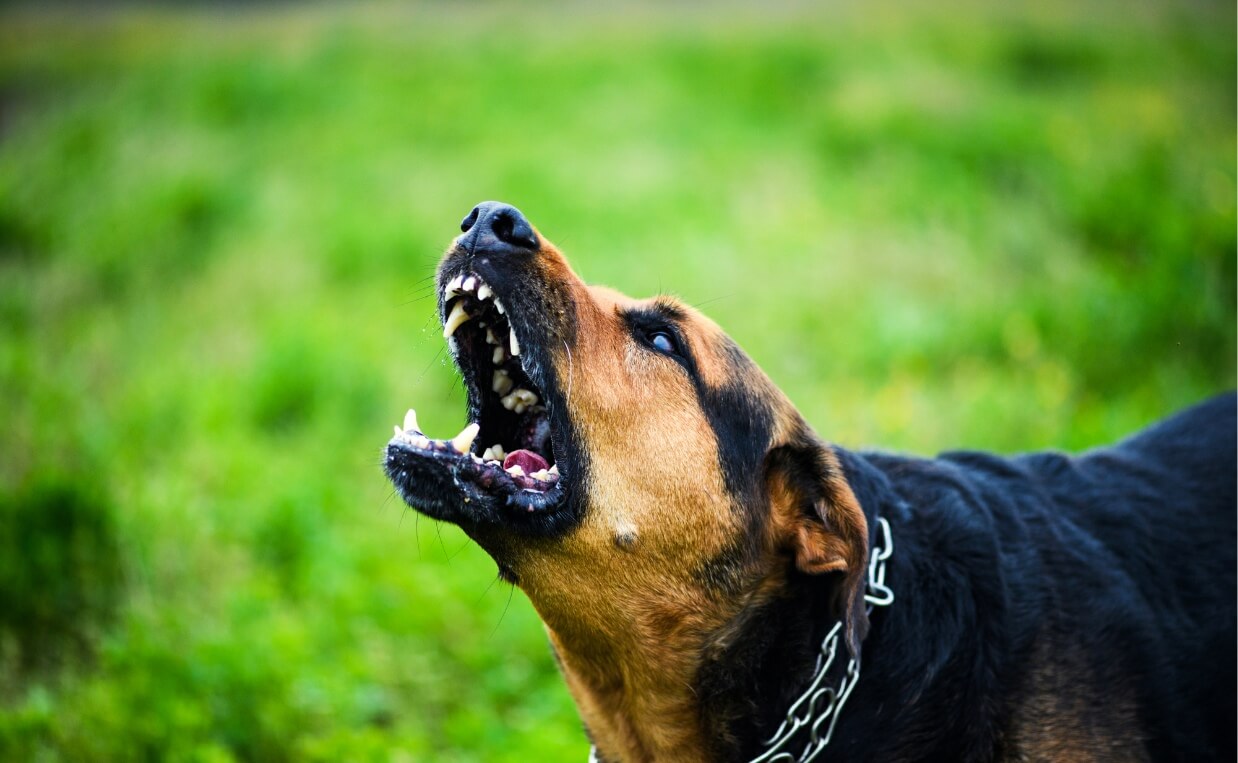
Dogs are often regarded as man’s best friend, known for their loyalty, companionship, and love. However, it is an unfortunate reality that some dogs may exhibit aggressive or dangerous behaviors toward their owners. While such incidents are relatively rare, understanding why dogs turn on their owners is essential for dog owners, trainers, and the general public.
In this blog post, we will explore the various factors that can contribute to dogs turning on their owners, as well as effective strategies for prevention.
-
Lack of socialization
Proper socialization is crucial for dogs to develop positive behaviors and responses to various stimuli. Puppies that have not been adequately exposed to different people, animals, and environments during their critical socialization period (between 3 and 14 weeks of age) may become fearful or anxious in unfamiliar situations. This fear can sometimes lead to aggressive reactions, especially when the dog feels threatened or cornered. Responsible owners should prioritize early socialization to ensure their dogs grow up to be well-adjusted and confident.
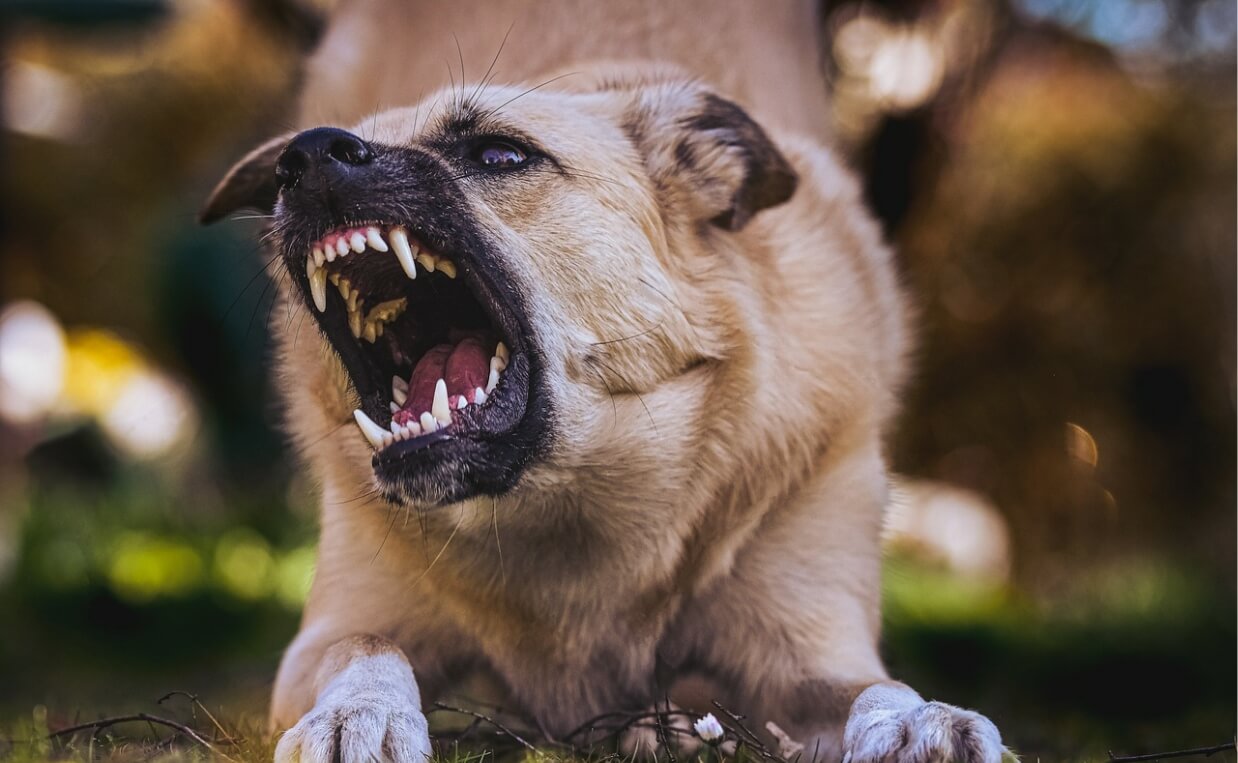
-
Lack of training and boundaries
Dogs, like humans, thrive when they have clear boundaries and expectations. Without proper training, dogs may not understand what is expected of them, leading to confusion, frustration, and even aggression. Basic obedience training, such as teaching commands like “sit,” “stay,” and “come,” establishes a foundation of communication between the owner and the dog. This helps the dog understand its role within the household and reduces the likelihood of misunderstandings that can escalate into aggression.
-
Neglect and lack of attention
Dogs are social animals that require love, attention, and mental stimulation. Neglecting these needs can lead to a range of behavioral issues, including aggression towards the owner.
Dogs that are left alone for long periods without exercise or mental enrichment may develop frustration and anxiety, which can manifest as aggressive behavior. Providing your dog with regular exercise, playtime, and quality time together is essential for their well-being and can help prevent negative behaviors.
If you need to spend time away from your dog, consider bringing him or her to dog daycare.
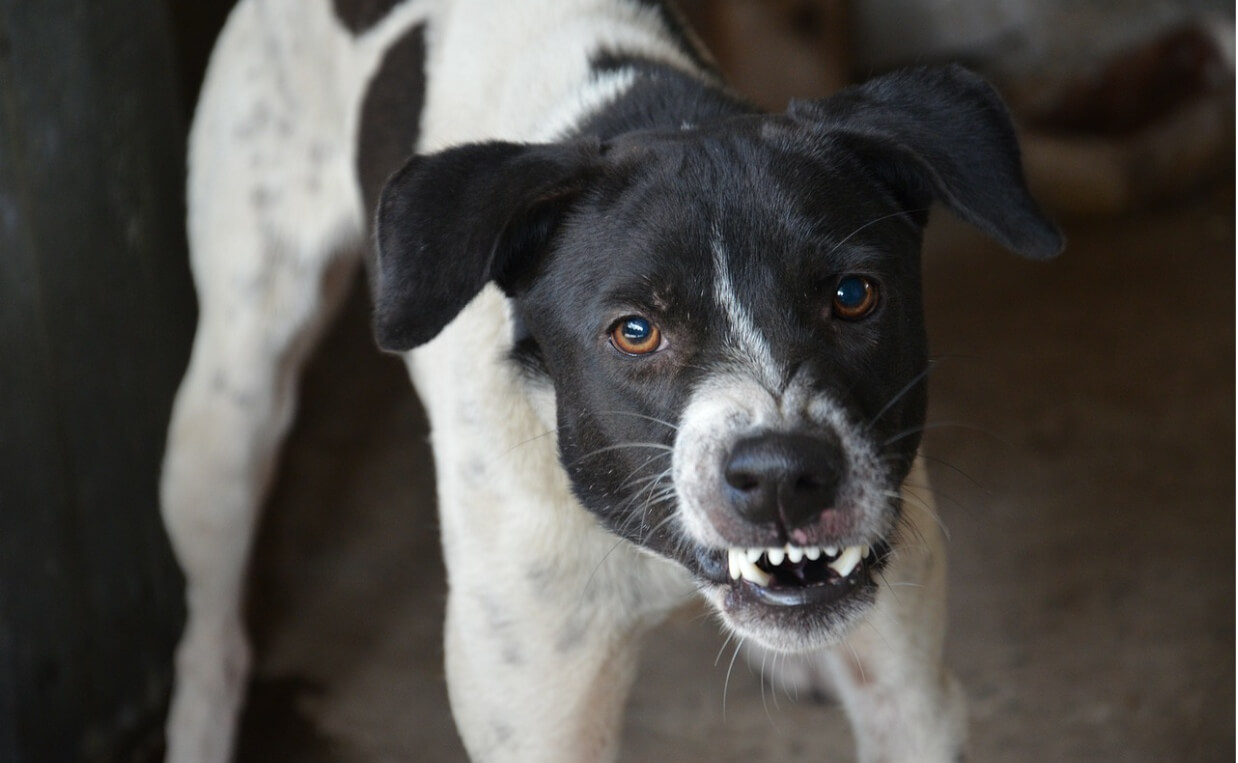
-
Fear and anxiety
Fear and anxiety are common emotions experienced by dogs, and if left unaddressed, they can escalate and result in aggression. Dogs may develop fear-based aggression due to traumatic experiences, lack of socialization, or a combination of factors. It’s crucial for owners to recognize signs of fear or anxiety in their dogs, such as trembling, excessive panting, or avoidance behaviors, and seek professional help from a qualified dog behaviorist or trainer to address these issues appropriately.
-
Medical conditions
Sometimes, aggressive behavior in dogs can be attributed to underlying medical conditions. Certain illnesses or injuries may cause dogs to experience pain or discomfort, leading to changes in their behavior. If a typically docile dog suddenly becomes aggressive, it’s essential to consult a veterinarian to rule out any underlying medical issues before assuming the aggression is solely behavioral. Treating the medical condition may help alleviate the aggression.
-
Resource guarding
Resource guarding refers to a dog’s aggressive behavior when it perceives a threat to its possessions, such as food, toys, or even its favorite spot on the couch. Dogs may growl, snap, or bite to protect their valued resources. Resource guarding can be managed through professional training and behavior modification techniques that teach the dog to associate positive experiences with the presence of people near their resources.
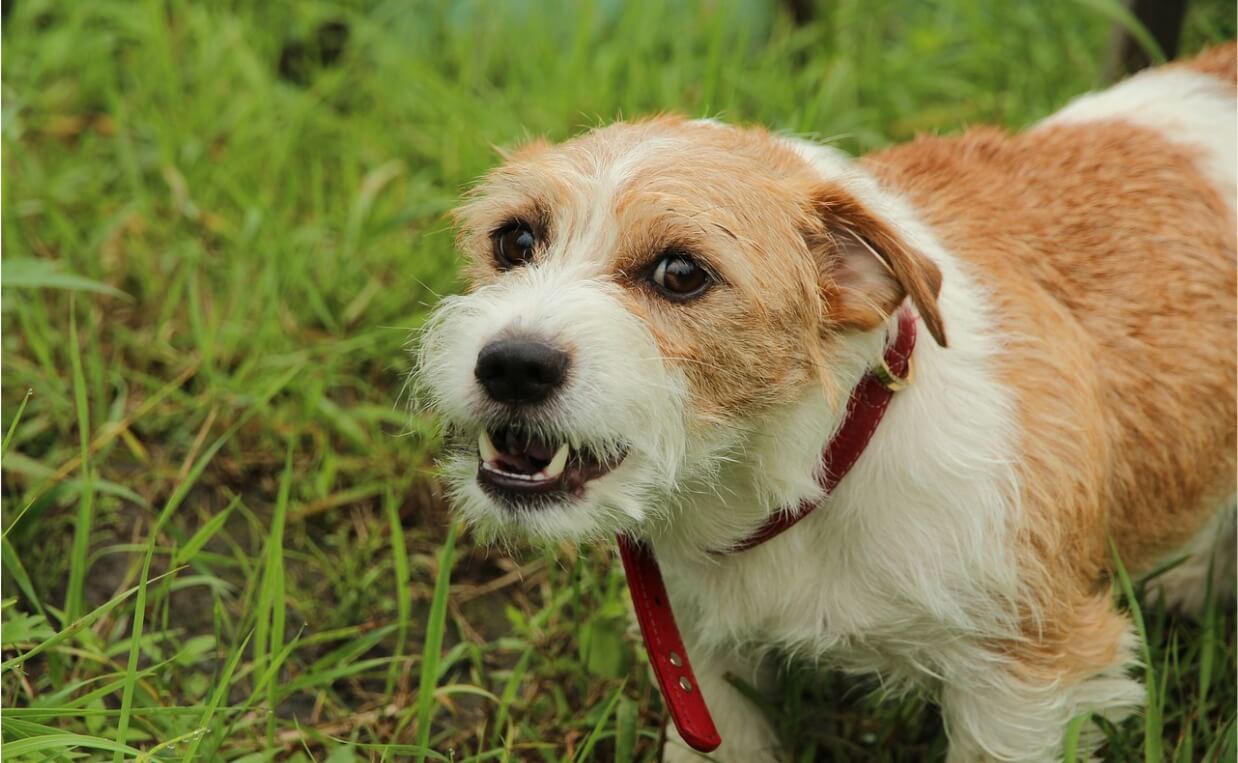
Preventing Dogs from Turning on Their Owners
Prevention is always better than dealing with the consequences of an aggressive incident. Here are some strategies to help prevent dogs from turning on their owners:
-
Early socialization
Expose your puppy to different people, animals, and environments during their critical socialization period to promote confidence and reduce fear.
-
Consistent training
Establish clear rules and boundaries through positive reinforcement training techniques. Consistency and patience are key to creating a well-behaved and well-adjusted dog.
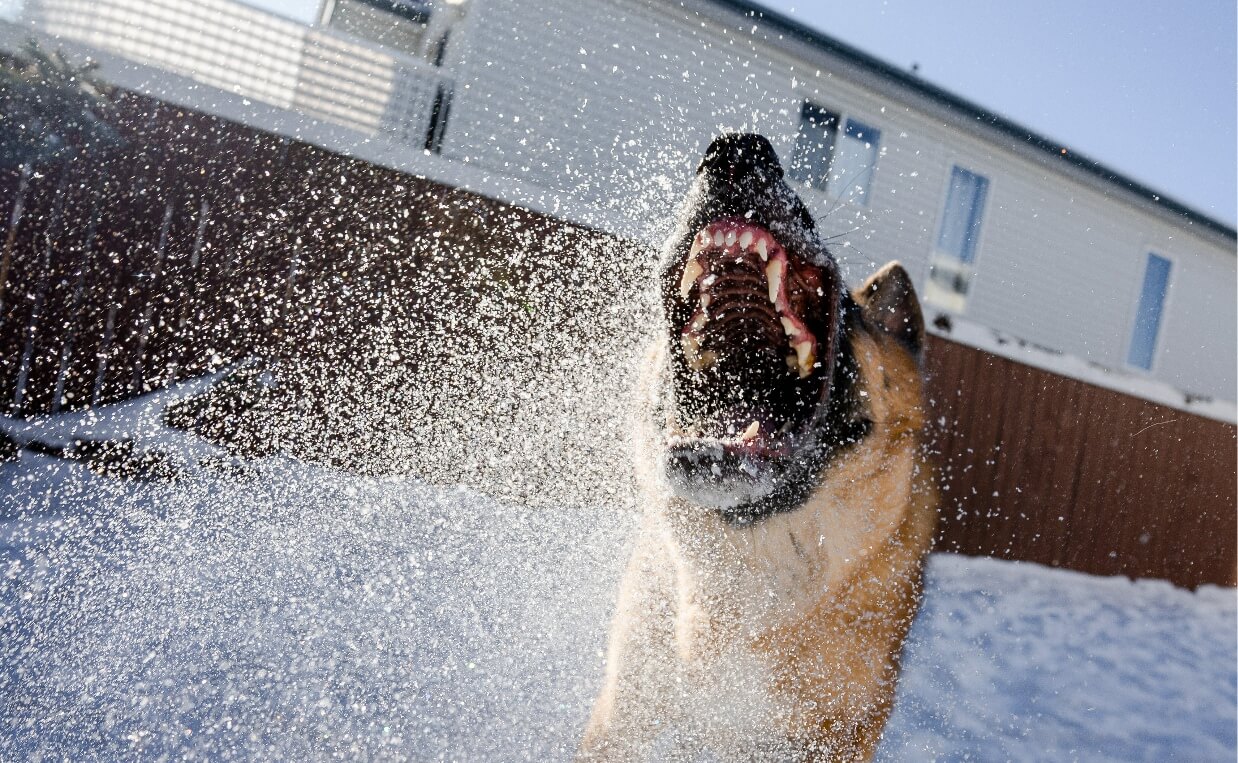
-
Provide mental and physical stimulation
Regular exercise, interactive toys, and mental enrichment activities keep dogs engaged and help prevent boredom and frustration.
-
Seek professional help
If you notice any signs of fear, anxiety, or aggression in your dog, consult a professional dog behaviorist or trainer. They can assess the situation, identify the underlying causes, and develop a personalized behavior modification plan.

-
Ensure a healthy lifestyle
Regular veterinary check-ups and addressing any medical issues promptly can prevent physical discomfort that might contribute to aggressive behaviors.
While instances of dogs turning on their owners are relatively uncommon, understanding the underlying causes can help prevent such incidents and ensure a harmonious relationship between dogs and their owners. Early socialization, proper training, attention to physical and mental needs, and seeking professional help when necessary are all important steps in promoting a safe and loving bond with our canine companions.
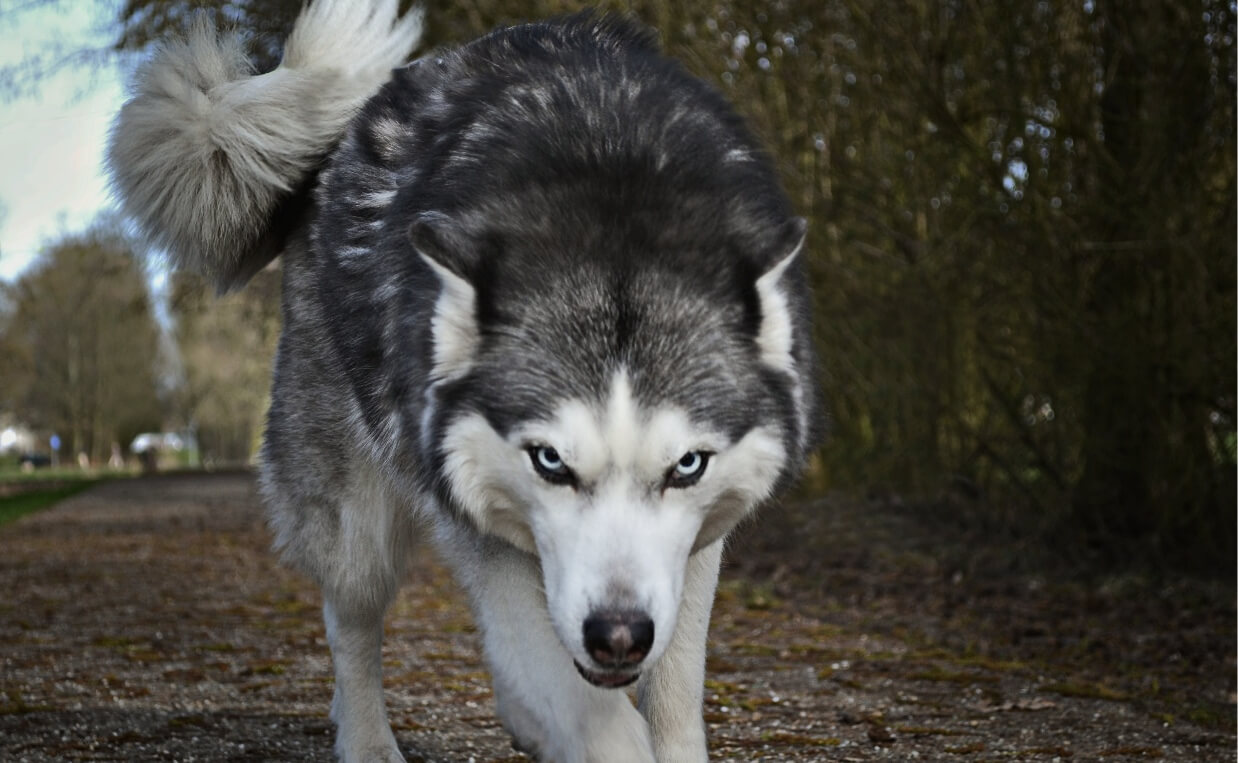
Remember, responsible pet ownership goes hand in hand with a dog’s well-being, happiness, and overall behavior.
Have you experienced a dog turning on you? What did you do? What do you think should be added to this blog post?

 6 Strange Dog Behaviors Explained
6 Strange Dog Behaviors Explained Can Dogs See Ghosts?
Can Dogs See Ghosts? 9 Reasons Why Dogs Howl
9 Reasons Why Dogs Howl Why Do Dogs Chase Their Tails?
Why Do Dogs Chase Their Tails? 18 Unique Nose Work Jobs Only Dogs Can Do
18 Unique Nose Work Jobs Only Dogs Can Do






We got echo 2- 1/2 years ago as Puppy. He always been a loving Dog. About 4 months ago he started growling at my wife. He never been mistreated. He was always happy to see her. Sometimes he act like he don’t even recognize her. Don’t have the answer why he doing this.
Have you had your dog checked out by a veterinarian? As indicated in the blog post, “Sometimes, aggressive behavior in dogs can be attributed to underlying medical conditions. Certain illnesses or injuries may cause dogs to experience pain or discomfort, leading to changes in their behavior. If a typically docile dog suddenly becomes aggressive, it’s essential to consult a veterinarian to rule out any underlying medical issues before assuming the aggression is solely behavioral. Treating the medical condition may help alleviate the aggression.”
I adopted Lucy from the animal shelter 8+ years ago. She has been lovable and mindful until a couple of months ago. She wants to do bathroom duties on floor, has become aggressive with me, barks at everything that moves. Today I went to pet her and she bit me. I don’t know why she is acting this way. She has free run of the house and I never leave her for more than a couple hours. I take her on rides and give her attention, lots of love and attention. Any suggestions?
Like the article says, it could be an underlying medical issue. Dog’s can’t use language. So maybe nipping you was a cry for help because she is sick or in pain…maybe the specific area you touched is sensitive?…also when Dog’s get older; they can lose vision. I’ve met some dogs who developed anxiety about the direction that you approach them, because they lost their eyesight, and the dog didn’t like anyone approaching them from the left side and behind them.